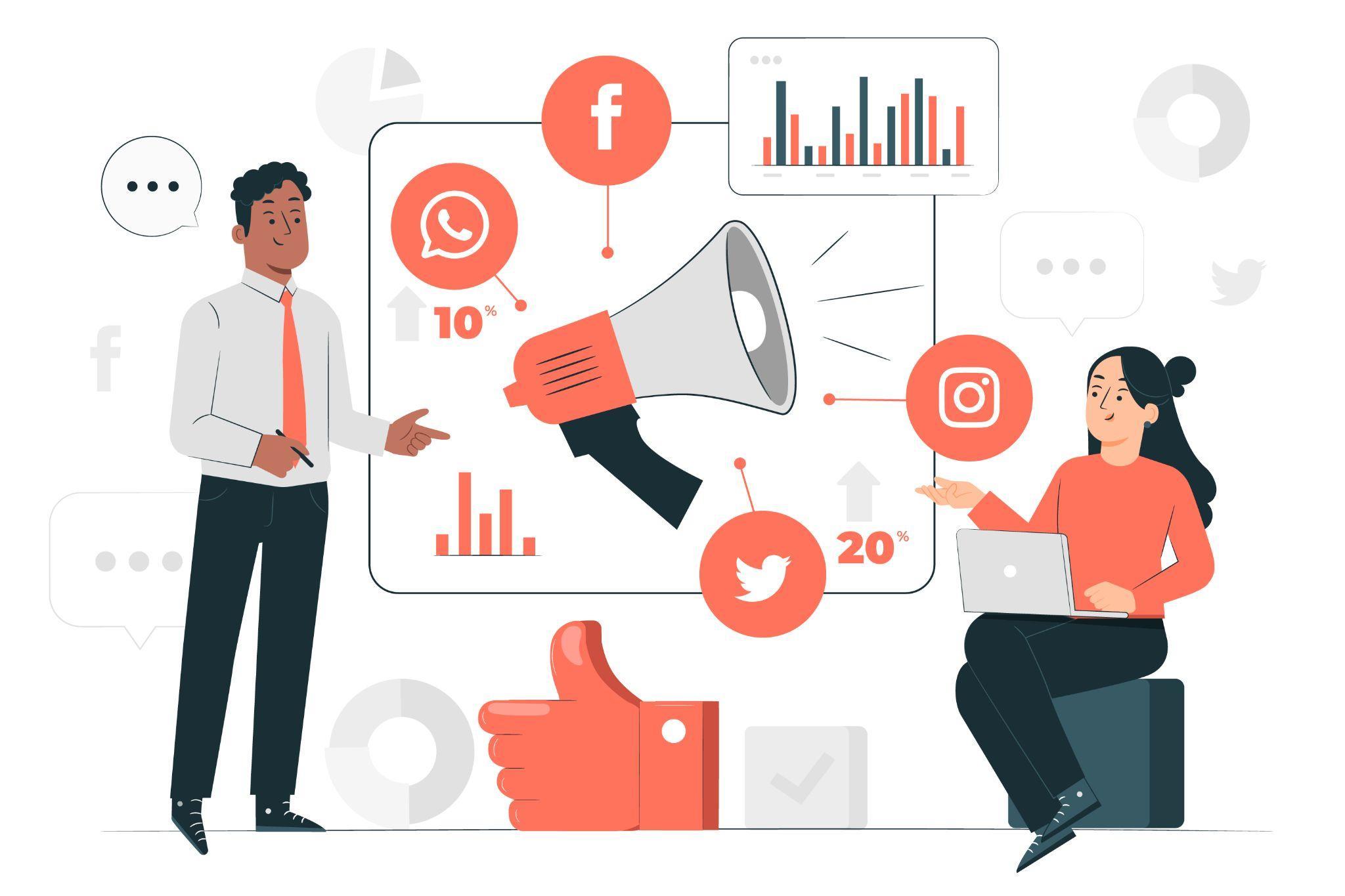In the ever-evolving landscape of digital marketing, businesses are continuously seeking innovative ways to connect with their audience. WhatsApp, with over 2 billion active users, offers an untapped potential for businesses to engage with customers on a platform they use daily. Integrating WhatsApp marketing software into your digital marketing strategy can significantly enhance customer engagement, providing a personalized and convenient communication channel.
Why WhatsApp for Business?
WhatsApp has transcended its origins as a simple messaging app to become a powerful business tool. Its ease of use, global reach, and high engagement rates make it an ideal platform for businesses to communicate with their customers. Whether it’s for customer support, product inquiries, or marketing campaigns, WhatsApp provides a direct line to your audience.
Understanding WhatsApp Marketing Software
WhatsApp marketing software is an innovative tool designed to maximize the potential of WhatsApp for businesses. These tools enable automated messaging, broadcast messages, and detailed analytics, making it easier for businesses to manage large volumes of messages and gain insights into customer interactions. By leveraging WhatsApp marketing software, businesses can automate repetitive tasks, personalize messages, and track the effectiveness of their communication efforts.
Strategies for Integration
Start with a Clear Objective: Define what you aim to achieve with WhatsApp – whether it’s customer support, lead generation, or brand awareness. A clear objective will guide your strategy and help you measure success.
Build a Contact List Compliantly: Build your WhatsApp contact list by ensuring you have consent from users. This can be done through opt-in forms on your website or during in-store interactions.
Personalize Communication: Use the data collected to send personalized messages. WhatsApp marketing software can segment audiences and tailor messages based on customer preferences and behavior.
Utilize Automated Responses: Set up automated responses for common inquiries. This ensures immediate engagement with customers, even outside business hours.
Integrate with Your CRM: Integrating WhatsApp with your existing CRM system allows for a seamless flow of customer data, enabling more targeted and effective communications.
Measure and Analyze: Use analytics tools provided by WhatsApp marketing software to track the effectiveness of your strategies. Metrics like message open rates and customer responses are critical for understanding the impact of your efforts.
Best Practices for Using WhatsApp Marketing Software
Stay Compliant: Adhere to WhatsApp’s policies and local regulations regarding messaging and data privacy.
Keep Messages Concise and Engaging: WhatsApp is a platform for quick reads. Keep your messages short, clear, and engaging.
Use Rich Media Wisely: WhatsApp allows the sending of images, videos, and documents. Use these features to enhance your messages but avoid overloading your audience.
Regularly Update Your Strategy: As with any digital platform, trends on WhatsApp change. Regularly review and update your strategy to stay relevant.
Conclusion
Integrating WhatsApp marketing software into your digital marketing strategy offers a unique opportunity to engage with your audience on a platform they trust and use daily. By following the above strategies and best practices, businesses can effectively utilize WhatsApp to enhance their customer engagement, streamline communication processes, and drive business growth.



